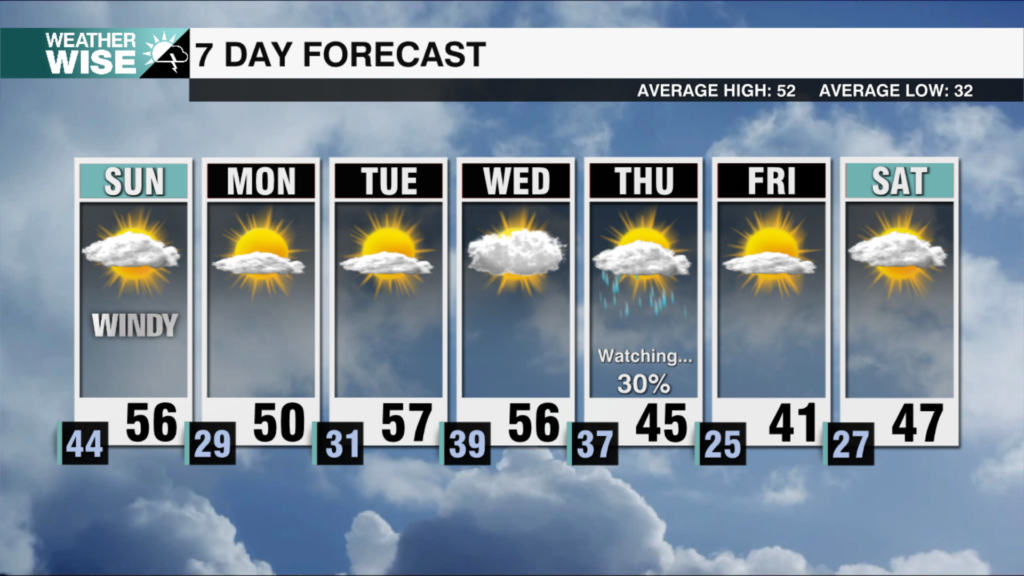CHARLOTTE, NC — State and local police departments are spying in secret. That’s what public records requests show: covert NSA-style cell phone eavesdropping.
The spying may be a secret, but the cost is very public. As in, publicly funded.
A crime-fighting tool called the “Stingray” is raising concerns about privacy versus protection.
The American Civil Liberties Union has confirmed Stingrays are being used in towns in North Carolina, and there is evidence they are possibly here in the Charlotte area, too.
The Stingray tricks cell phones into reporting their locations by mimicking cell phone towers.
“It’s to locate people, it’s to see where people have been,” said Chris Swecker, a former FBI assistant director.
Even if you’re not a criminal, counterintelligence experts say the equipment intercepts all cell data from anyone within a mile or more.
“That’s the danger of this technology. You don’t have to get a search warrant. You can just roll up on a site and get whatever you want. The cell phone company doesn’t know, the operator of the phone doesn’t know,” said Graham.
CMPD invoices from 2010-11 show the department made 19 requests for cell phone data from service providers like Verizon and Sprint. During that fiscal year, CMPD paid $12,000 dollars for information.
The Stingray cuts out the middle man, allowing police to get cell phone info without having to ask permission or pay the price.
Charlotte Mecklenburg Police says it cannot say whether CMPD uses cell phone tracking technology because it’s confidential.
“Local police departments across the country are getting directives from the federal government to not disclose whether they even have this technology, and that’s really disturbing,” said Mike Meno with the ACLU of North Carolina.
Minutes from a March 2012 Charlotte City Council meeting lists a contract with Harris Corporation for more than $357,000 dollars for “investigative equipment.” That company exclusively manufactures Stingrays.
“Law enforcement is always going to try to access this information to solve crimes. Imagine if your kid is kidnapped, you would want them to pull out all the stops,” said Swecker.
Swecker says the laws haven’t caught up with the technology.
“It’s not regulated. They don’t need a warrant to do this. They don’t need to go to a judge or get a court order,” said Meno.
The courts are beginning to weigh in on the use of these Stingrays.
This month, a Florida judge sided with the ACLU. The judge ordered police in Talahassee to release information to the public about the department’s use of Stingrays




